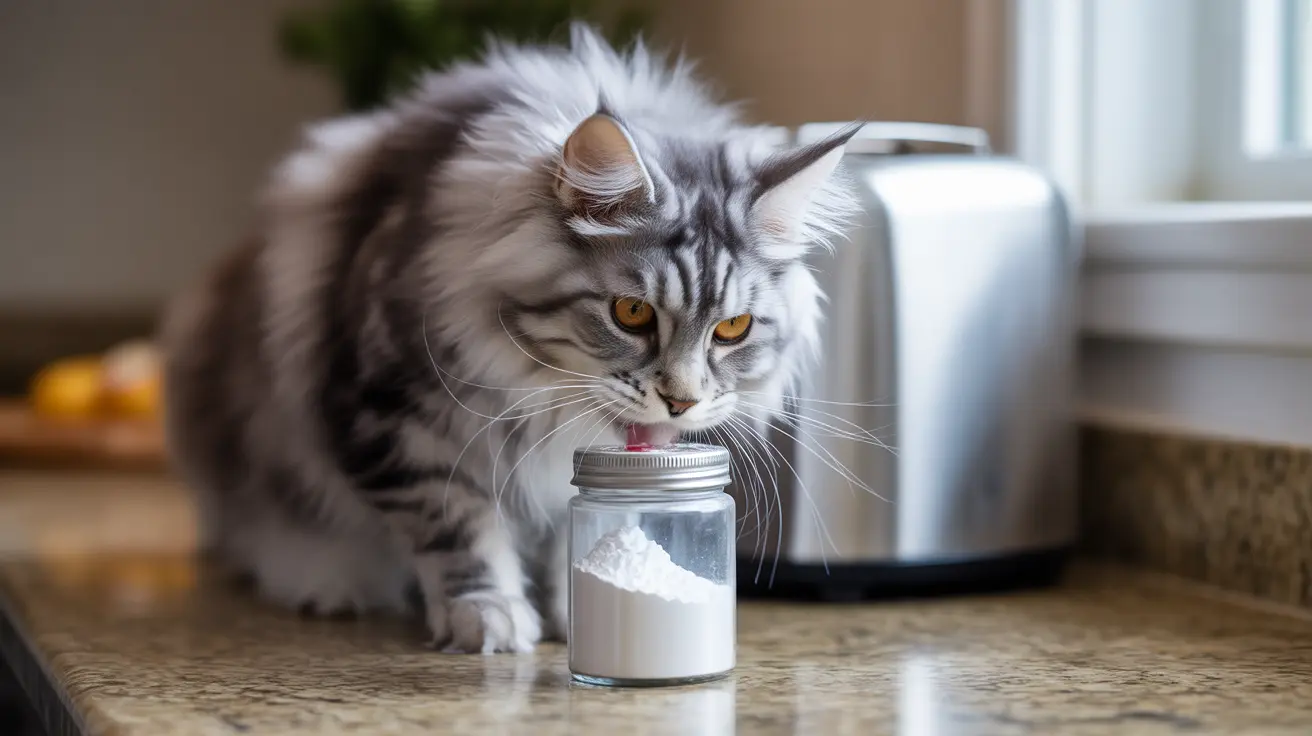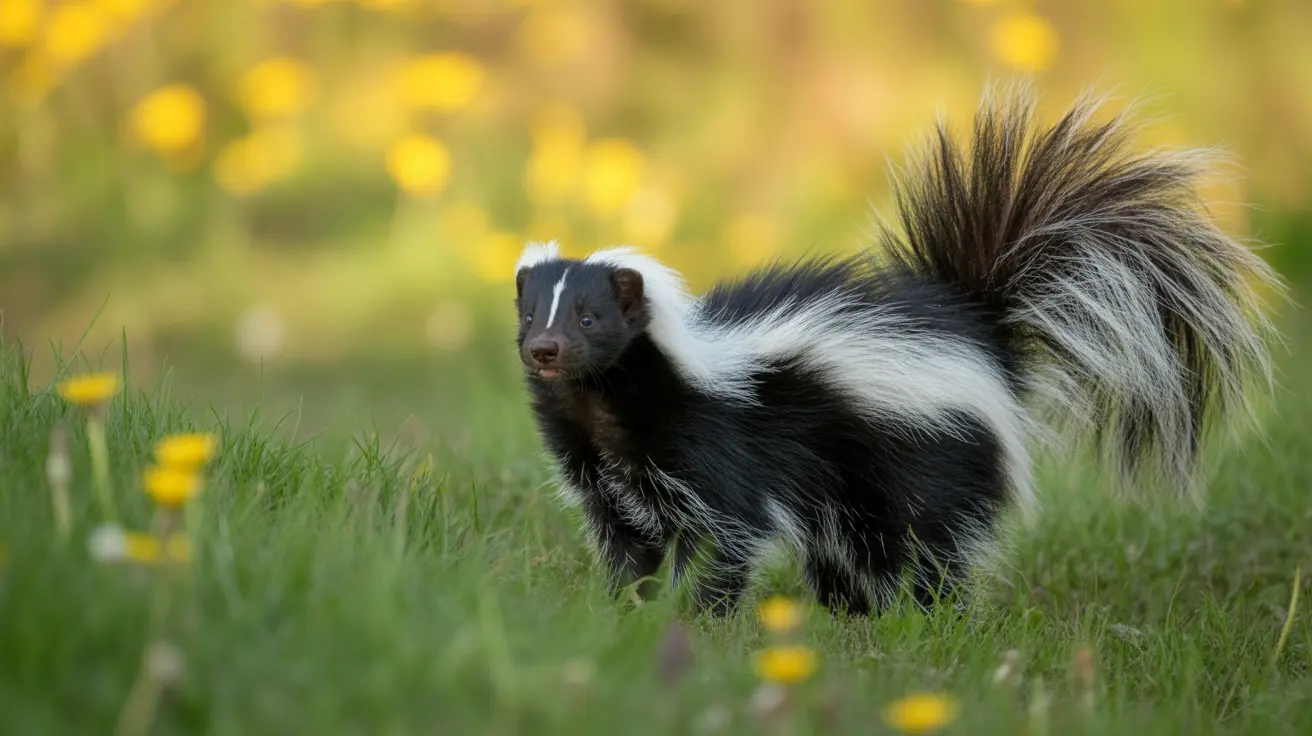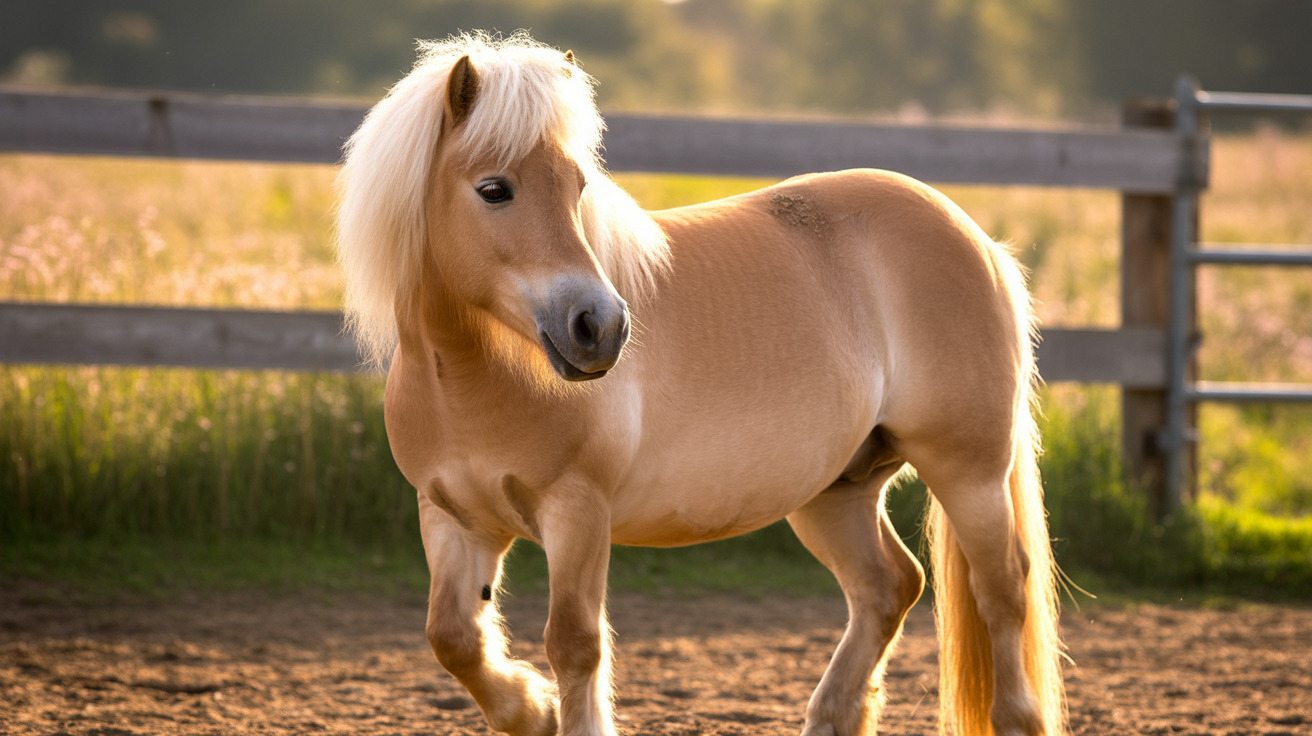Many cat owners use baking soda around their homes for cleaning and deodorizing, but this common household product can pose serious health risks to our feline friends. Understanding the potential dangers of baking soda for cats is crucial for maintaining your pet's safety and well-being.
In this comprehensive guide, we'll explore why baking soda can be harmful to cats, identify the warning signs of baking soda poisoning, and provide essential safety tips for cat owners.
Understanding Baking Soda's Effects on Cats
Baking soda, or sodium bicarbonate, isn't inherently toxic but can become dangerous when cats ingest even moderate amounts. The primary concerns stem from its high sodium content and alkaline nature, which can severely disrupt a cat's delicate electrolyte balance.
For cats, the toxic threshold is surprisingly low - approximately 0.5-1.0 grams per kilogram of body weight. This means a typical 10-pound cat could experience adverse effects from consuming as little as one teaspoon of baking soda.
Signs of Baking Soda Poisoning in Cats
Immediate Symptoms
- Vomiting
- Diarrhea
- Excessive drooling
- Lethargy
- Loss of appetite
Severe Symptoms
- Muscle tremors
- Seizures
- Rapid breathing
- Heart rhythm abnormalities
- Extreme weakness
Common Exposure Risks
Cats most frequently encounter baking soda through:
- Litter box deodorizers
- Cleaned carpets and furniture
- Kitchen spills
- DIY cleaning solutions
- Grooming after walking through treated areas
Safe Usage Guidelines
While it's best to avoid using baking soda around cats whenever possible, if you must use it:
- Store baking soda in sealed containers out of reach
- Never apply directly to your cat's fur or skin
- Thoroughly vacuum treated surfaces before allowing cat access
- Consider pet-safe alternatives for cleaning and deodorizing
- Use commercial cat products instead of DIY solutions
Emergency Response and Treatment
If you suspect your cat has ingested baking soda:
- Remove any remaining baking soda from the area
- Monitor your cat closely for symptoms
- Contact your veterinarian immediately
- Don't attempt home remedies without professional guidance
- Prepare to seek emergency care if symptoms worsen
Frequently Asked Questions
Is baking soda toxic to cats if they eat small amounts?
While small amounts might not cause immediate severe toxicity, even modest quantities can be dangerous for cats, especially those with underlying health conditions. It's best to prevent any ingestion of baking soda.
What are the signs of baking soda poisoning in cats?
Initial signs include vomiting, diarrhea, drooling, and lethargy. More severe cases may show muscle tremors, seizures, rapid breathing, and heart problems.
How can I prevent my cat from ingesting baking soda around the house?
Store baking soda securely, clean up spills immediately, avoid using it for cleaning where cats frequent, and always vacuum thoroughly after any use.
Can I safely use baking soda in my cat's litter box for odor control?
It's not recommended to use pure baking soda in litter boxes. Instead, choose cat-specific products designed for safe odor control.
What should I do if my cat has ingested baking soda?
Contact your veterinarian immediately. Monitor your cat for symptoms and don't attempt treatment without professional guidance.
Remember, when it comes to your cat's safety, it's always better to err on the side of caution. Consider using pet-safe alternatives to baking soda, and always consult with your veterinarian about safe household products for use around your feline companion.






